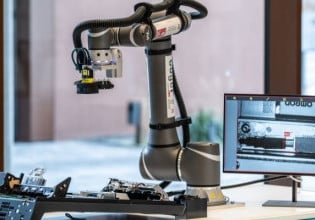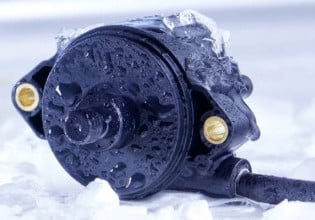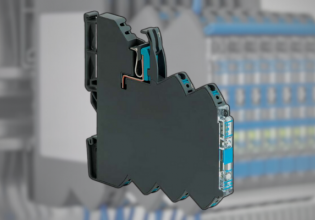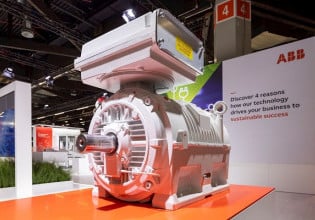K
Good Day All,
A few years back the Programming community was in a tizzy about how Java was going to become "the language". (Solve all the world's problems,... poverty etc)
The hub-bub seemed to have died down, or maybe I stopped listening.....
With all the handheld devices, cheap memory and the blazing speed of processors it seems as though Java would be a natural. It seems everything will soon be a webserver.
So what is the state of Java?
I'm interested in the various tools that are required and availible as well as the logical chips/chipsets (primarily for Ethernet interfacing) but this I can search on the web.
From this list I'm curious whether you embedded guys are working with a cup of Java on your desk. (And whether I should wake up and smell, not C, the coffee)
thanks for your views,
brendan Kirby
A few years back the Programming community was in a tizzy about how Java was going to become "the language". (Solve all the world's problems,... poverty etc)
The hub-bub seemed to have died down, or maybe I stopped listening.....
With all the handheld devices, cheap memory and the blazing speed of processors it seems as though Java would be a natural. It seems everything will soon be a webserver.
So what is the state of Java?
I'm interested in the various tools that are required and availible as well as the logical chips/chipsets (primarily for Ethernet interfacing) but this I can search on the web.
From this list I'm curious whether you embedded guys are working with a cup of Java on your desk. (And whether I should wake up and smell, not C, the coffee)
thanks for your views,
brendan Kirby






